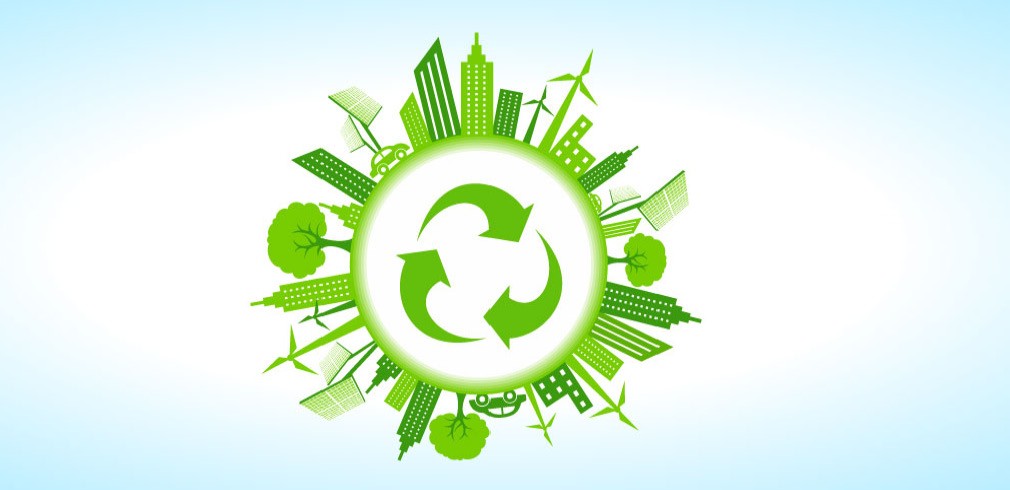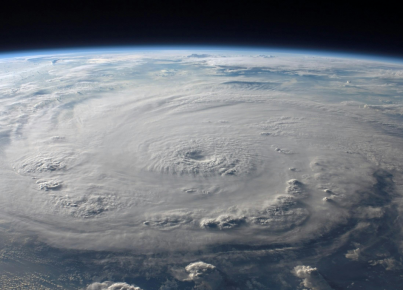Attention to environmental issues is increasingly felt in South-East Asia, one of the main production centers of fast fashion and plastic consumption.
In recent years, a growing interest in ethical and sustainable models has started from the fashion industry. More and more fashion brands worldwide are adopting a circular economy, i.e., a production and consumption framework that promotes the idea of reuse, recycling and minimizing waste. This is largely a response to an increased consumer awareness of the negative impact of fast fashion and increased concern about environmental and social issues. This has allowed a clear growth of the sustainable fashion market. According to The Business Research Company, the global market for ethical fashion – defined as the design, production and distribution of apparel that aims to minimize harm to people and the environment – is expected to reach $11.12 billion by 2027. This is also happening in Thailand, where an increasing number of local clothing stores are contributing to the sustainability trend.
Among these there is the example of Nymph Vintage, an online store of recycled clothing. Its founder, Krittiga Kunnalekha, felt the potential hidden in fabric scraps. Scraps of curtains, used clothes and carpets, thanks to her creative hands, are transformed into a colorful range of blouses, dresses, and skirts. Krittiga focuses on so-called upcycling, dares new life to fabrics to create unique garments. A major turning point for Bangkok's reputation as a fast fashion capital, both in terms of shopping and its large wholesale malls stocked with cheap, mass-produced clothing.
Marry Melon – the brand founded by Sarita Prapasawat – represents another success story. When she opened her own shop four years ago, Sarita sewed each garment herself using second-hand clothing fabrics bought at thrift markets in Thailand or overseas. Her brand rose to prominence in 2022 when several local influencers and actresses started wearing her designs. This landed her a deal with Bangkok-based retail brand Pomelo, also earning her place in their online store.
Indonesia is also responding to the serious plastic waste emergency with examples of virtuous entrepreneurship. Plastic packaging - a by-product of the country's rapid economic development - is everywhere, polluting entire landscapes and waterways. This issue prompted the young Syukriyatun Niamah to found Robries, a startup that aims to transform plastic waste into furniture and home accessories, preventing it from ending up in the sea. The Indonesian entrepreneur studied product design before founding the startup in 2018, applying her skills to experimenting with recycling processes to convert plastic waste into useful products. From tables and chairs to brightly colored vases. The fledgling company, which is seeking a $250,000 Series B funding round, recycles four types of plastic waste: polypropylene, high-density polyethylene, low-density polyethylene, and high-impact polystyrene. The goals are ambitious: to educate people about a zero-plastic lifestyle, by taking their products around Indonesia; enter the global market; enhance your upcycling capacity with more efficient processes.
Plastic is a very serious problem in Southeast Asia, where take-away drinks, from hot coffee to tea, are often served in plastic bags and some street vendors use hard-to-disposable packaging for take-away meals, although some they've switched to paper straws, wooden utensils, and biodegradable containers. Plastic addiction has become even more evident during the COVID-19 pandemic which has increased the use of delivery services.
“Compared to the rest of the world, South and Southeast Asia use more single-use plastic due to its affordability,” said Prak Kodali, CEO and co-founder of Singapore-based pFibre, which uses plant-based biodegradable marine ingredients to make films for flexible packaging.
In line with the urgency on the part of Asian governments and companies to respond to climate change, more and more green companies are trying to promote the circular economy in ASEAN, especially aiming to reduce or eliminate the waste generated by human consumption.
In Vietnam, ReForm Plastic transforms low-value plastics into building materials and other products. Using compression molding techniques, he converts plastic into panels that can serve as base materials to be molded into consumable items. Its co-founder, Kasia Weina, told Nikkei that the startup has converted more than 500 tons of low-value plastic into products, with the capacity to process up to 6,000 tons in eight plants. They are poised for rapid expansion with eight installation or operating facilities in Asia and Africa: two in Myanmar, two in Vietnam, one in Bangladesh, one in the Philippines, one in Ghana and one in Laos, aiming to process over 100,000 tons of waste of plastic per year by 2030.
Such efforts have global significance because plastic accounts for 80% of all debris in the world's oceans. ASEAN generates tens of millions of tons of plastic waste annually. A volume of solid waste and marine debris set to increase together with expanding urbanization and a growing class of consumers. The long-term effects are just emerging. The Circulate Initiative – a non-profit organization addressing ocean plastic pollution in South and South-East Asia – noted that eliminating plastic pollution in India and Indonesia alone by 2030 would save 150 million tons of greenhouse gas emissions, released during the decomposition process that can take hundreds of years.
The challenge for startups in this sector is to raise funds at a time when investors are held back by global macroeconomic uncertainties, rising interest rates and inflationary pressures. However, dedicated funding efforts continue to support the circular economy. The Incubation Network, which connects investors and young companies with a sustainability agenda, said it has helped startups raise $59 million in capital since it was set up in 2019. The same year, Circulate Capital launched its first fund of investment in the world dedicated to startups and small businesses that fight the threat of plastic in the oceans.






